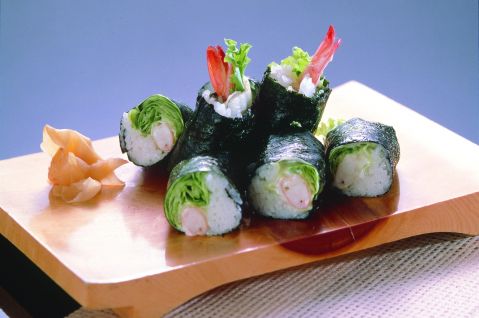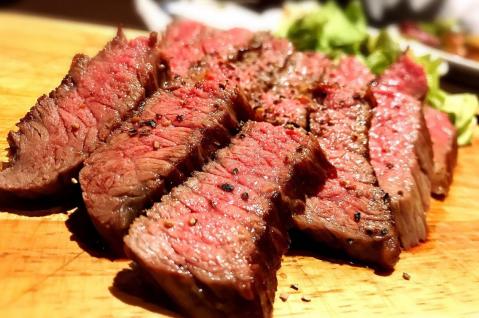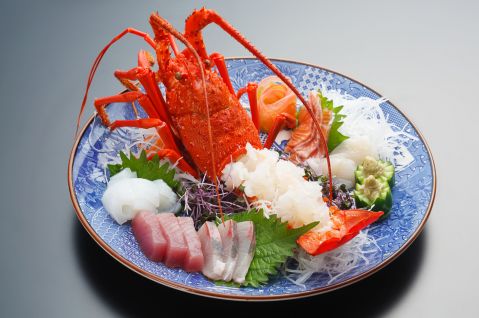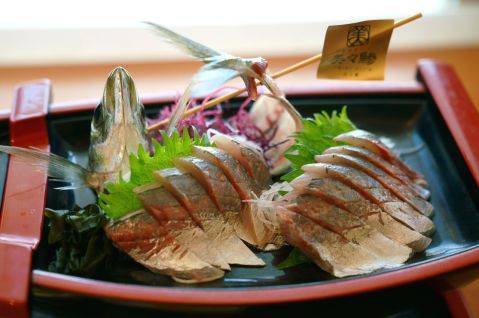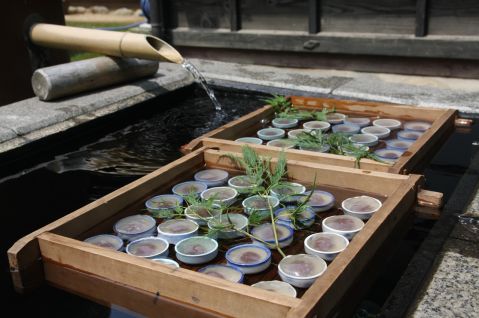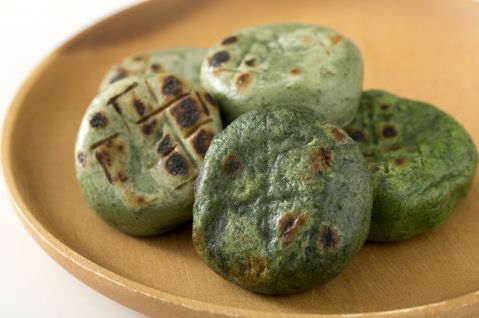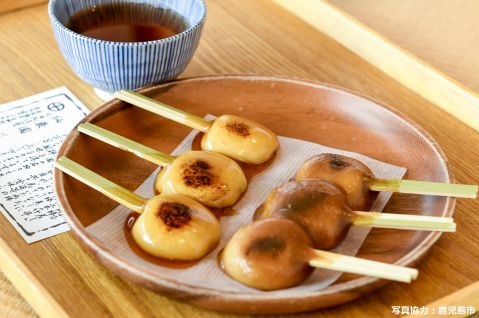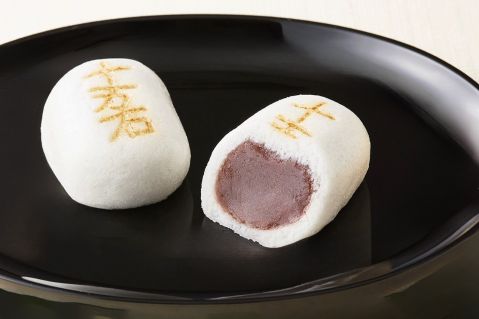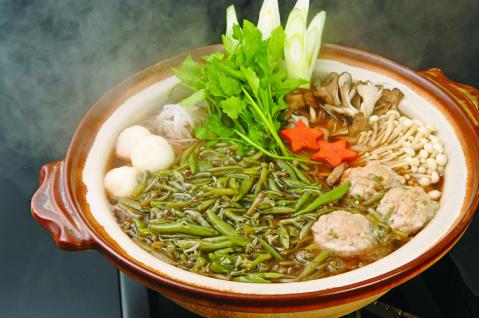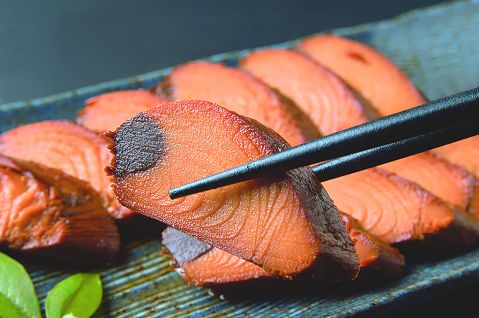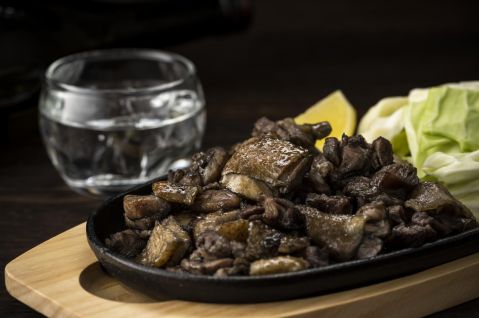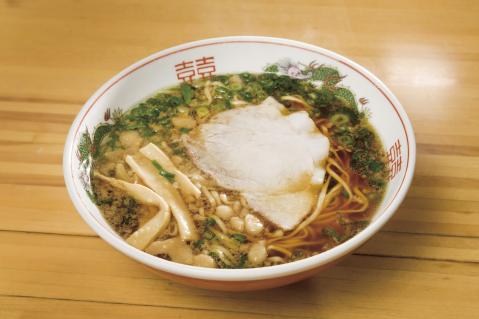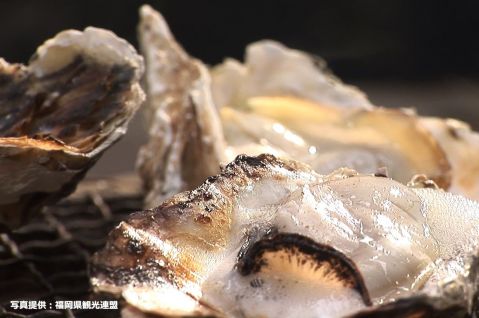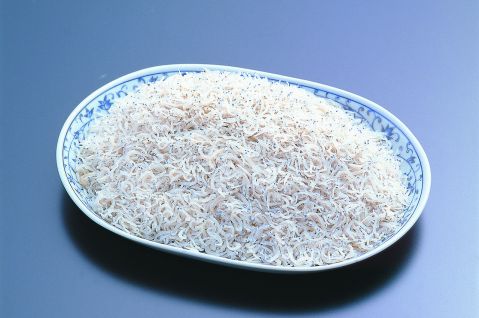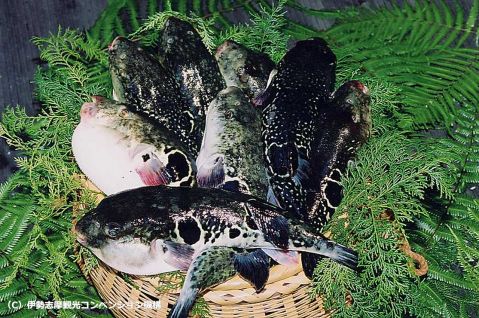Tsuwabuki
A wild vegetable heralding spring in southern Kyushu, blending a gentle bitterness with natural nutrition
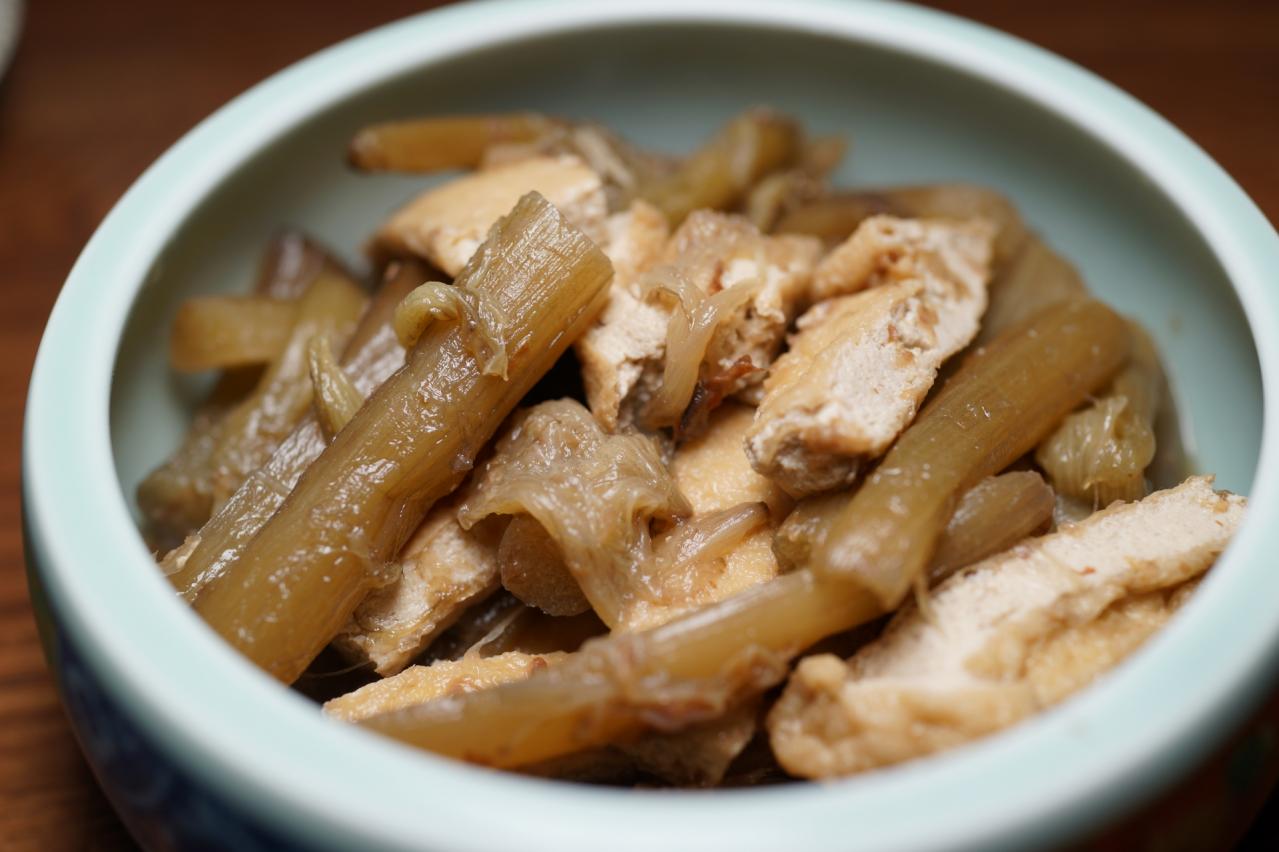
About Tsuwabuki
Tsuwabuki (石蕗, Tsuwabuki) is a perennial plant of the aster family that grows abundantly in southern Kyushu. Its glossy leaves and distinctively mild bitter taste make it a charming spring mountain vegetable. Its name derives from the shiny luster of its leaves and their resemblance to butterbur. Tsuwabuki has long added a touch of natural beauty and flavor to the dining table.
This wild vegetable offers not only a touch of spring’s characteristic bitterness but also an abundance of nutrients beneficial to the body. It is particularly rich in potassium and calcium, which contribute to overall health. Potassium plays a role in flushing out excess salt from the body, helping to prevent bloating and maintain healthy blood pressure. Calcium, on the other hand, is essential for strong bones and teeth, supporting a healthy skeletal structure. Additionally, Tsuwabuki is high in dietary fiber, which aids in digestion and helps prevent constipation.
When preparing Tsuwabuki, selecting fresh stems that are firm will enhance its natural flavor. This versatile vegetable pairs beautifully with a variety of dishes such as simmered Tsuwabuki (Tosa-ni), tempura, stir-fried dishes like Champuru, or sautéed with bonito flakes or bacon. Its gentle bitterness adds depth to any recipe. The combination of Tsuwabuki with umami-rich ingredients like bonito flakes or bacon creates a satisfying flavor, perfect as a side dish to rice.
Experience the taste of spring in southern Kyushu through Tsuwabuki (石蕗), a unique and nutritious wild vegetable. Try it and savor the blessings of nature!
Related videos
Reviews
There are no reviews yet.
Regional cuisine of Miyazaki region
Japanese Cuisine - Local cuisine
Kind of food
Recommended
-
![Miyazaki Katsuo Umikko-Bushi]()
Miyazaki Katsuo Umikko-Bushi
Miyazaki / >Seafood -
![Whole Grilled Mackerel]()
Whole Grilled Mackerel
Fukui / >Seafood -
![Charcoal-Grilled Jidori Chicken]()
Charcoal-Grilled Jidori Chicken
Miyazaki / >Yakitori & Kusiyaki -
![Onomichi Ramen]()
Onomichi Ramen
Hiroshima / >Ramen -
![Kazuno Horumon]()
Kazuno Horumon
Akita / >Nabe dish -
![Buzen Sea Oysters]()
Buzen Sea Oysters
Fukuoka / >Seafood -
![Chirimen (Dried Young Anchovies)]()
Chirimen (Dried Young Anchovies)
Miyazaki / >Seafood -
![Anori Fugu]()
Anori Fugu
Mie / >Seafood

